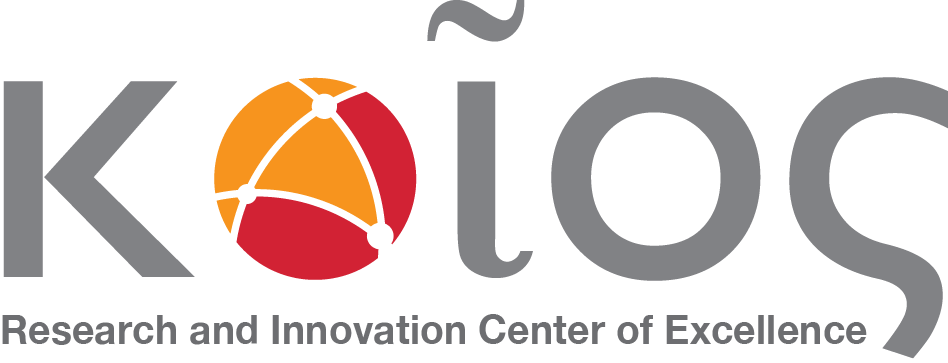Prof. Theocharis (Theo) Theocharides holds a Ph.D. in Computer Science and Engineering from the Pennsylvania State University. He is an Associate Professor and the Department Chair, at the Department of Electrical and Computer Engineering, at the University of Cyprus and the Director of Research of the KIOS Research and Innovation Centre of Excellence. His research is focused on embedded, mobile and adaptive systems, tinyML, embedded computer vision and pattern recognition architectures and models, and intelligent system-level monitoring and dynamic reconfiguration for performance, energy and reliability of Systems-on-Chip. He has authored/co-authored more than 220 papers and book chapters in internationally acclaimed books and peer-reviewed scientific journals and conferences. He is a senior member of the IEEE and the IEEE Computer Society, a member of the ACM, a member of the HiPEAC Network of Excellence. He is an Associate Editor for ACM’s Computing Surveys, ACM’s Transactions on Emerging Technologies for Computing Systems (JETC), IEEE Transactions on Computer Aided Design of Integrated Circuits and Systems (TCAD) and the IEEE Design and Test magazine. He also serves on several Steering/Organizational and Technical Program Committee boards of various IEEE/ACM Conferences, most recently being the Technical Programme Committee Chair of the 2025 edition of the Design, Automation and Test in Europe (DATE), the largest conference in Europe focusing on Electronic Design and Automation of Integrated Circuits and Embedded Systems. Together with his students, they have worked extensively and pioneered work on hardware acceleration for machine learning and computer vision applications, including object detection, pattern recognition and depth estimation from stereoscopic video, yielding real-time, high frame-rates and low-power, suitable for emerging embedded vision systems, mobile robotics, and cyber-physical systems. His present work focuses on leveraging bioinspired algorithms for the development of hardware-friendly neural inference and tinyML applications and distributed embedded computer vision applications. Further, along with his students, they work on vision-based robotic collaboration for various monitoring and visual information extraction algorithms, involving smart camera networks, robot swarms, and autonomous aerial (drones) and terrestrial robots. He was selected as an IEEE CEDA Distinguished Lecturer for the 2025-2026 period.

Theocharis Theocharides
- Associate Professor
- [email protected]
- +357-22892259
- http://www.eng.ucy.ac.cy/theocharides/
